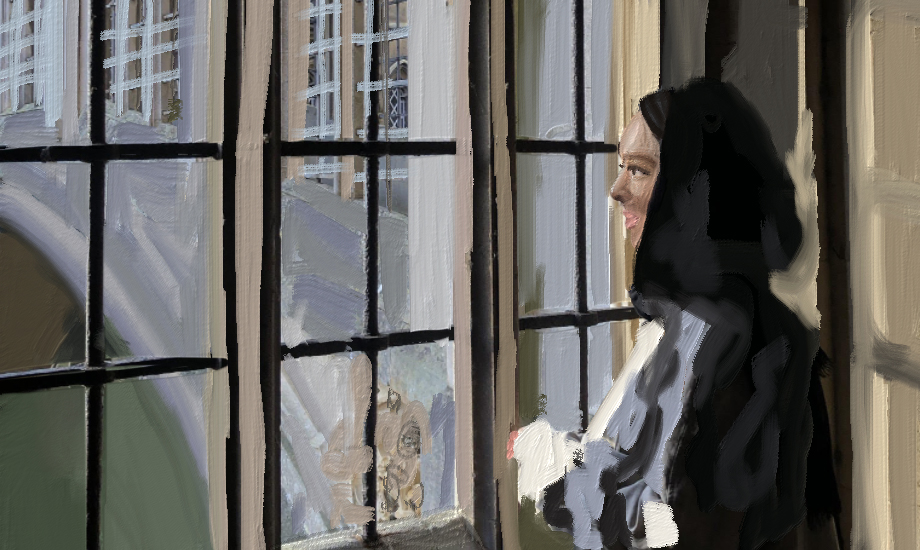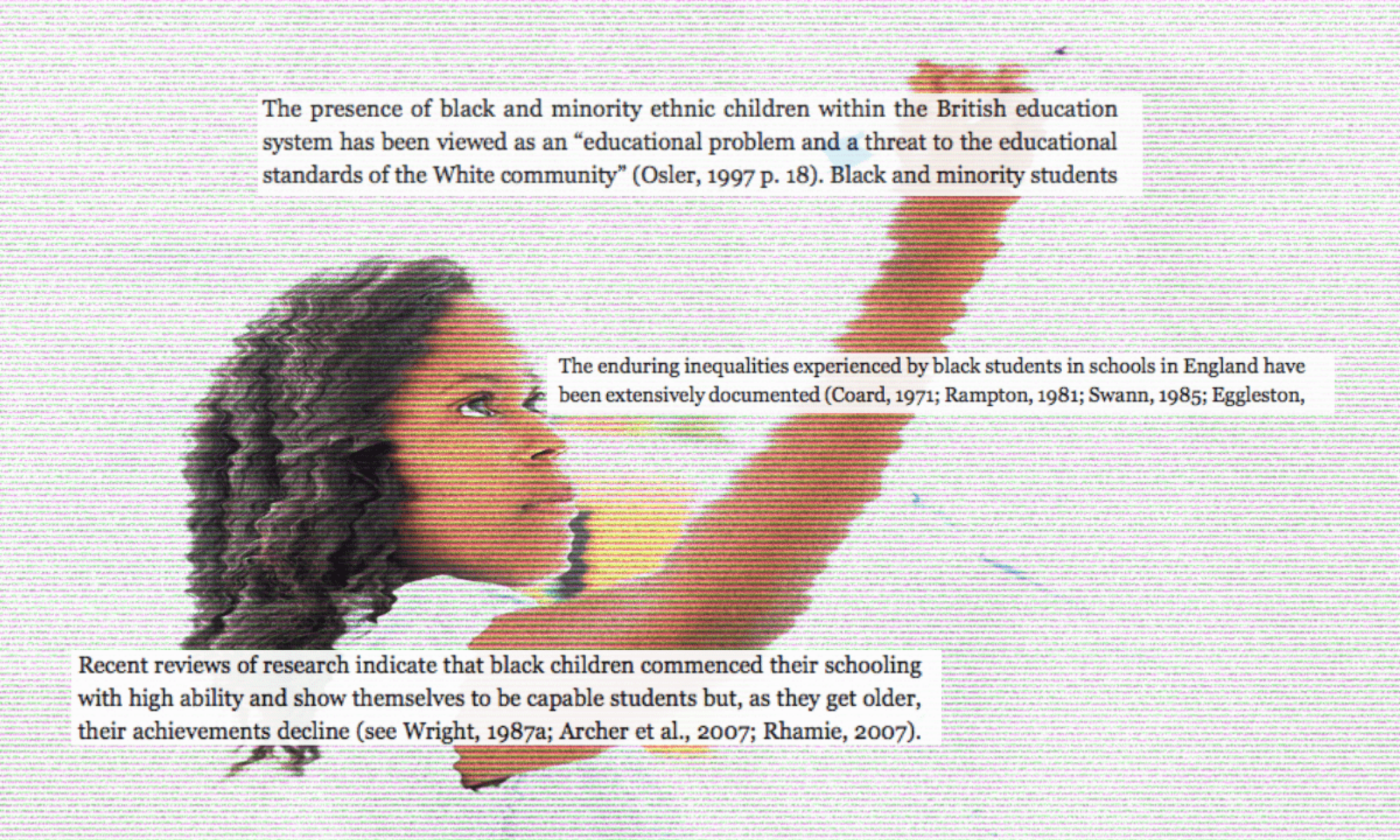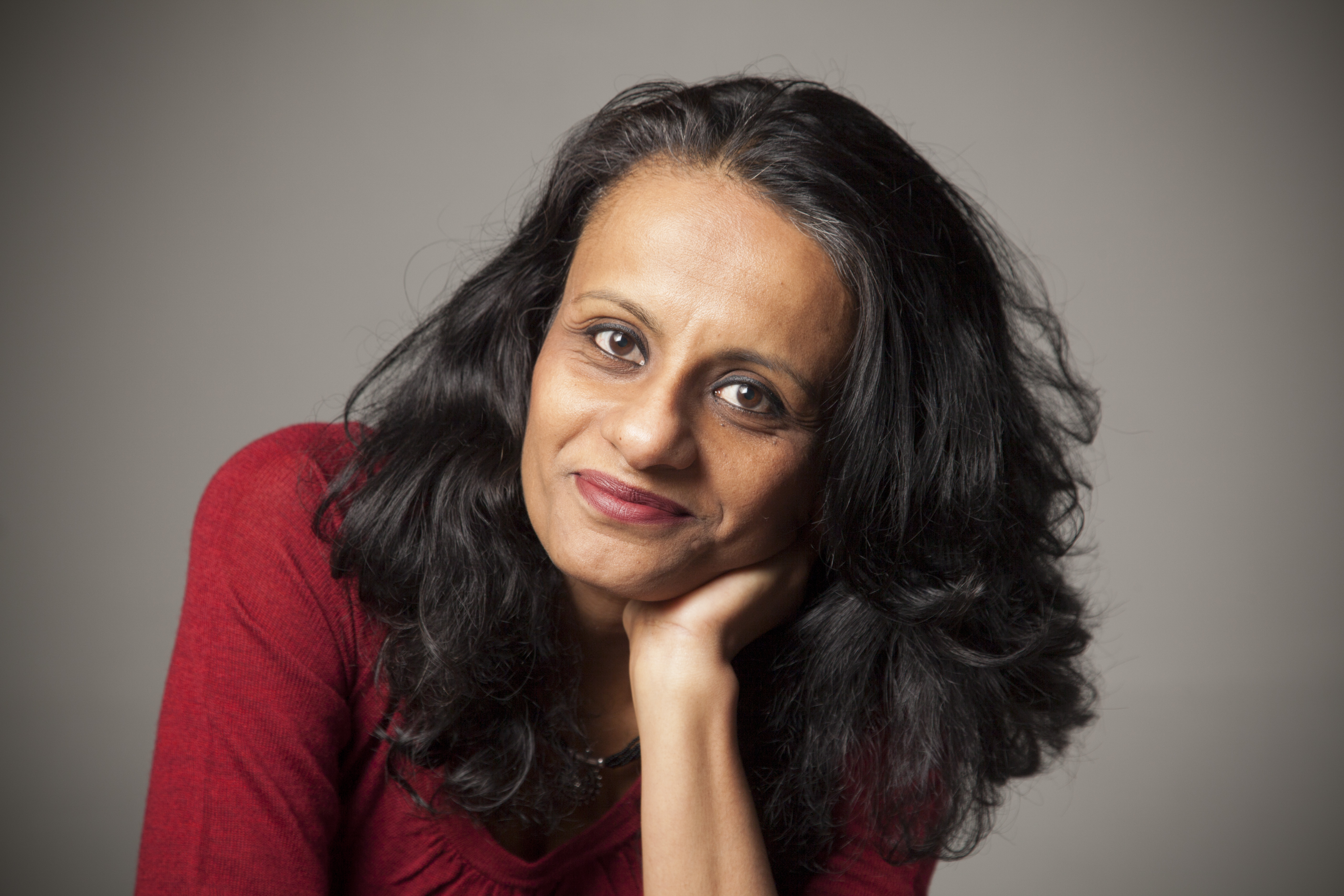
My biggest lesson at Cambridge was unlearning perfectionism
Everything changed when Majida Begum didn't receive a First in her English Literature university degree.
Majida Begum
27 Dec 2020
Illustration by Diyora Shadijanova
I don’t remember when I received my first A grade at school and realised that I could excel academically, but I remember the feeling of empowerment academic achievement gave me. The grades and marks were mine entirely, my first earned possessions. Something my younger self could provide for my family when I felt I didn’t have much else to offer.
As the second of five sisters, I often heard I was a daughter. The memories of this are blurry but difficult to forget. In my Bengali household, daughters are reminded they will eventually leave home; they must be married off and so they aren’t as reliable and can’t provide in the same way a son can. Daughters don’t run businesses and carry on a legacy. These narratives enraged me and made me defensive through to my teens. They placed a perpetual expectation and sense of needing to prove myself to my family and the world outside.
For a long time, I thought this pressure to prove myself worked in my own interest, as I eventually channelled it towards my studies. In school I was encouraged to question without being scolded and told to be quiet, like I was at home. Teachers helped me channel my rage and fierce passion into cathartic academic debate. At 16 I did not love F. Scott Fitzgerald or Jhumpa Lahiri in the way I do now, but learning about Marx in GCSE sociology made me feel recognised and heard through class analysis. The classroom was an empowering space and academia felt like a worthwhile space to contribute to. My academic ambitions refocused my feelings of not being enough.
“My academic ambitions refocused my feelings of not being enough”
I vividly remember writing a list of my GCSE subjects with the grades I aimed to get blue-tacked inside my wardrobe door, visible to me every morning, but hidden away to avoid disappointing anyone else. On results day I ticked almost every single one off. This habit continued for subsequent exam periods.
Academic attainment could demarcate progress and success numerically. At 13 or 16 when I couldn’t physically bring anything of monetary significance home, my grades promised potential and suggested that one day, I could.
This drive directed me to Cambridge University. I almost completed the trajectory of academic success. That is until June, when I received an Upper Second-Class Honours in English Literature and the absence of a First felt like failure. The academic potential I saw in myself as redeeming and enough, fell apart at the last moment because I didn’t achieve the highest grade.
I recognise that there’s a great deal of contradiction here of course. A Cambridge degree is presented as a ticket to social mobility – even more so because I’m a working-class Bengali, Muslim woman from East London. Still, I struggle to reconcile that ‘ticket’ with my sense of failure.
I know a big part of this is related to the wider structure of Oxbridge. I so often felt my life at Cambridge wasn’t truly mine and not completely real. I never really got used to the quietness of the city. I almost didn’t know how to cope with or enjoy the breathing space away from domesticity and responsibilities back home in London. The overflowing libraries, passages and alleyways of Cambridge leading to majestic buildings and coffee shops that always stocked oat-milk were so far from my normal. I always felt like I had to justify the immense privilege of being at Cambridge. I felt like I was a representative of my community – and so it was incumbent upon me to achieve so much more than the grade I got.
There was this restlessness that occupied me, always anticipating the next step. I had to remind myself it was just a stepping stone (albeit a large one, which I recognise).
“I got too caught up in the numbers despite the fact that as a person of faith, my measures of success had to be more than just academic”
In September, I returned to the Sixth Form I attended from 16-18 as a member of staff. I now work on social mobility strategy and educational access in the Sixth Form and borough. As I’m back in an environment where our students are motivated by their academic pursuits, I observe students worry and dream as I did at 16. I quickly had to leave my sense of failure to the side as reassuring students and forming relationships with them became a priority and has been most rewarding. It reminded me that Cambridge was a stepping stone to the work I do now, to making education more accessible. This is how I channel the privilege, and it’s far more important than a First. It reminds me that my sense of failure is rooted in my perfectionism. I got too caught up in the numbers despite the fact that as a person of faith, my measures of success had to be more than just academic or confined to a numerical trajectory.
Academic success was initially about being informed, reclaiming the narratives my teenage self felt rage over and telling our stories. The perfectionism stifled this: it rid me of confidence, it quietened me. It became all-consuming and, before I knew it, I could not leave this draining, limiting perfectionism in the academic sphere. I had to nail the stir fry and do the same exercise in the gym repeatedly till it was perfect. I partly lost sight of my intention as a Muslim, which is to do things with Ihsaan (excellence), which need not be perfection.
The emphasis was to do things to the best of my ability which entails focusing on the present moment without being stifled by worries about the outcome. Academia always provided a form of escape, but also one where results seemed more reliable than anywhere else. I guess that provided a sense of security. I felt at home in books and literature of the world and a sense of control working towards a grade or mark.
“The discomfort and contradictions have urged me to redefine what success looks like and the reflection itself has given me the closure that graduating during a pandemic couldn’t”
The discomfort and contradictions have urged me to redefine what success looks like and the reflection itself has given me the closure that graduating during a pandemic couldn’t. The seeking and learning never stops and academia isn’t the only place to do it. I’m seeing the faith that always gave me strength manifest differently: post university, there are no conveniently mapped out numerical goalposts of success as there was from school to sixth form to university. And so, my prayers have become centred around seeking guidance as opposed to praying for specific goals.
I don’t have a five-year plan and I enjoy going to taekwondo classes for the sake of doing taekwondo: to be present in something that requires my full attention physically and mentally, without a desire to be at the top of the class. That absence of perfectionism and restlessness is liberating, as is strolling every aisle in Tesco and no longer timing shopping trips.
I can’t say everything has changed, I’m now working on a formula for perfect emails amidst other things… But I think so much of this perfectionism masked a sense of feeling unworthy and not enough. And as much as the absence of a first will always strike a painful chord with me, this recognition feels like a breakthrough of sorts that I’m beyond grateful for.









